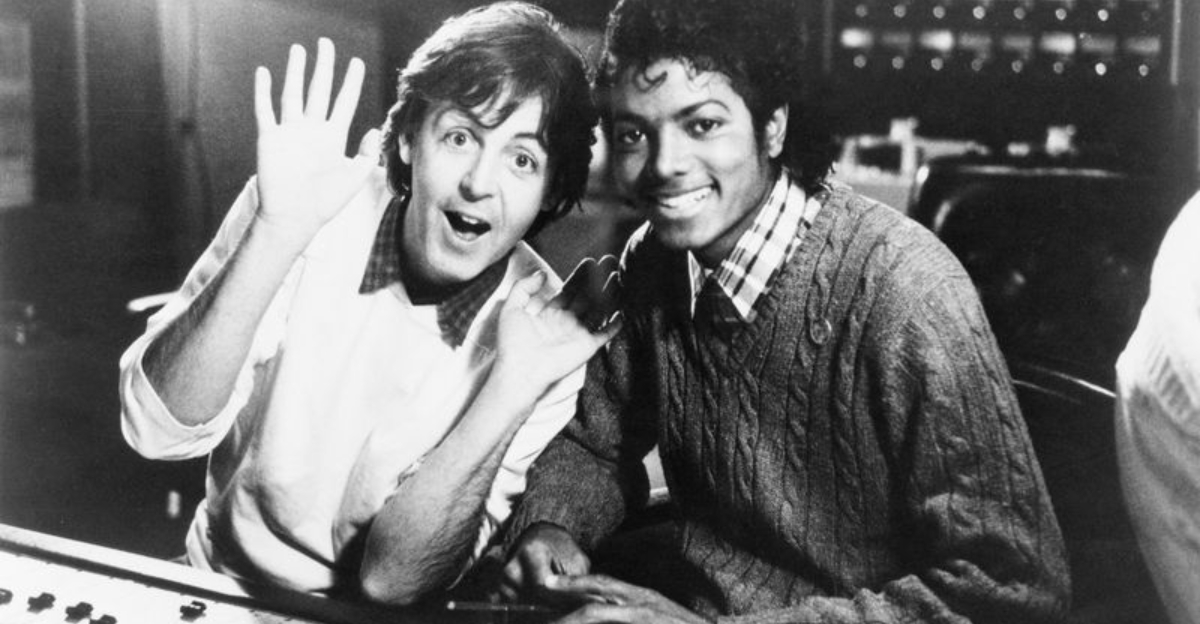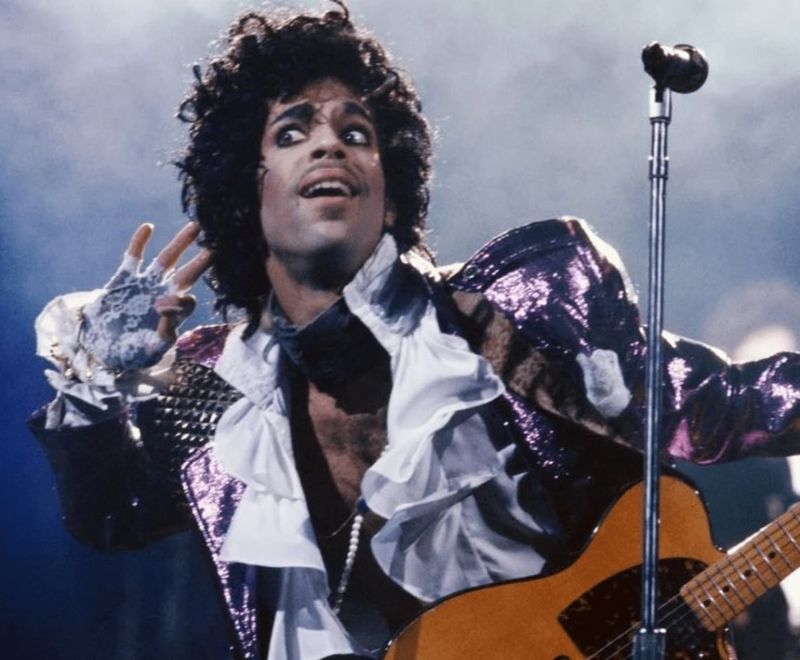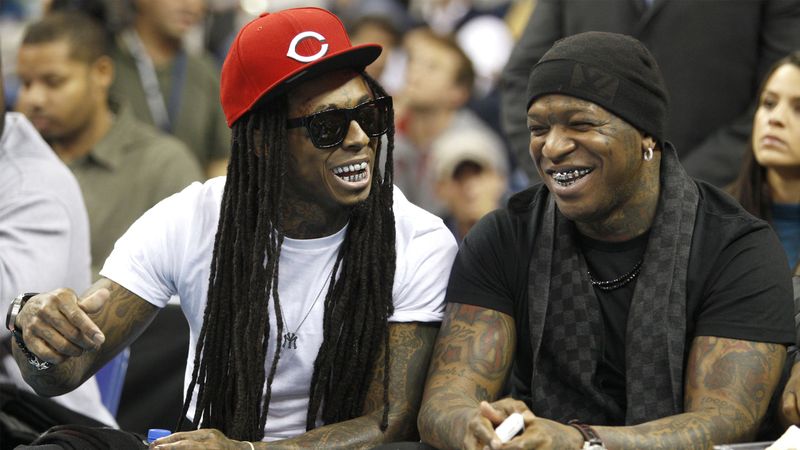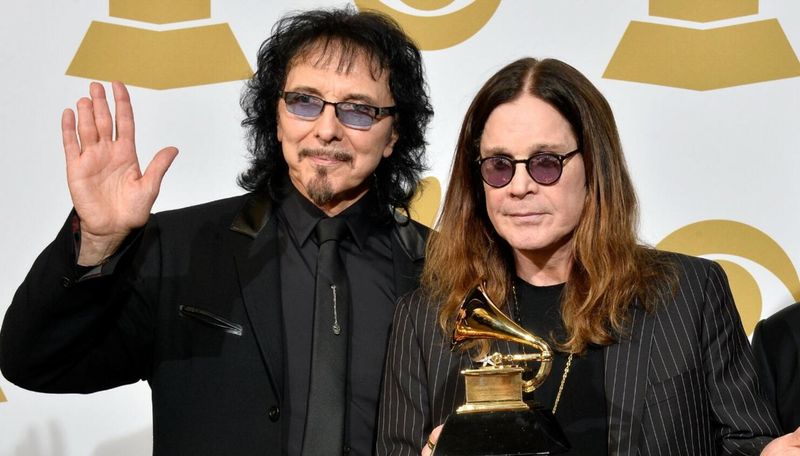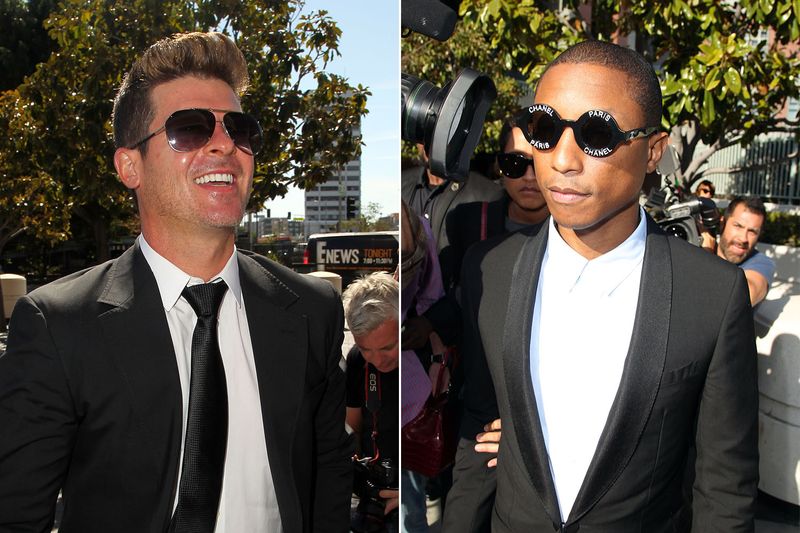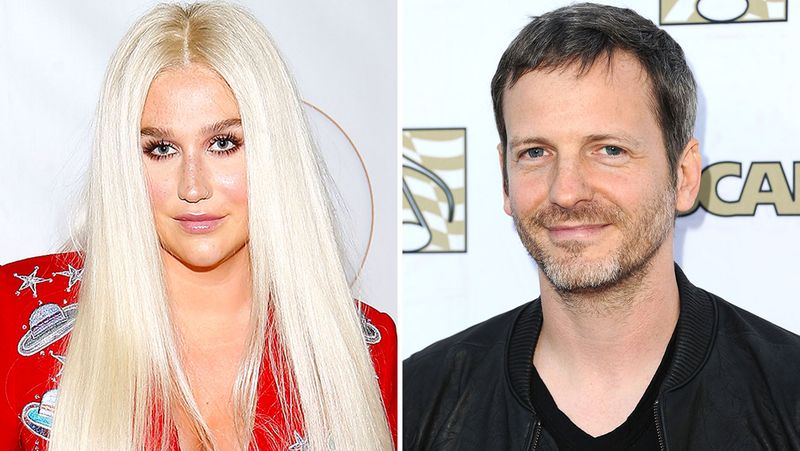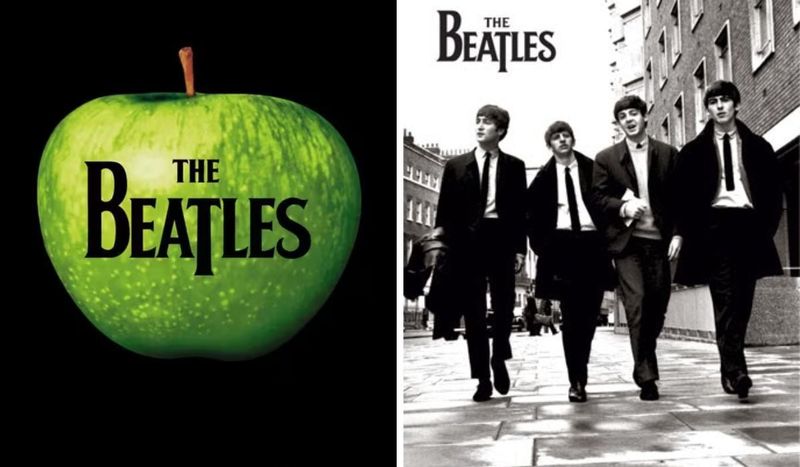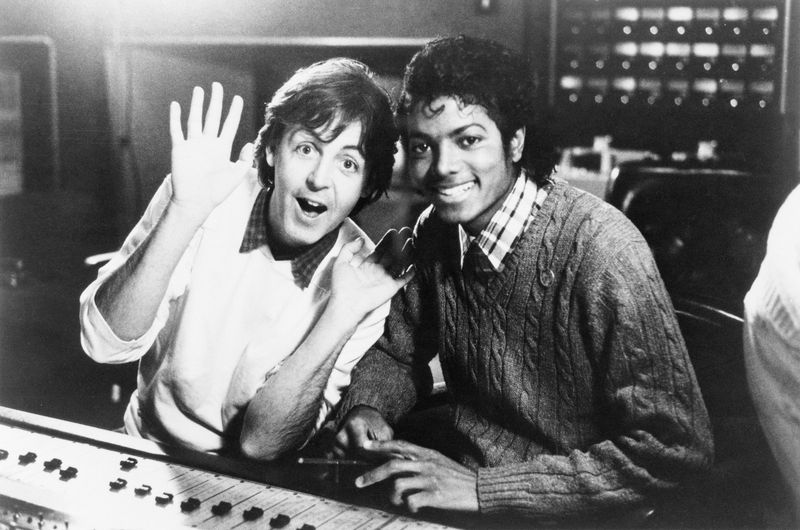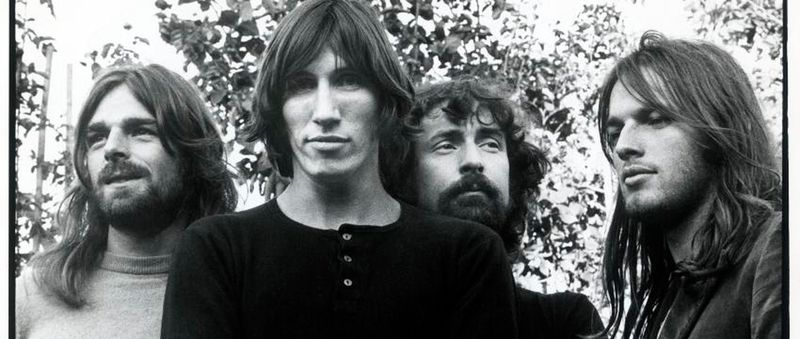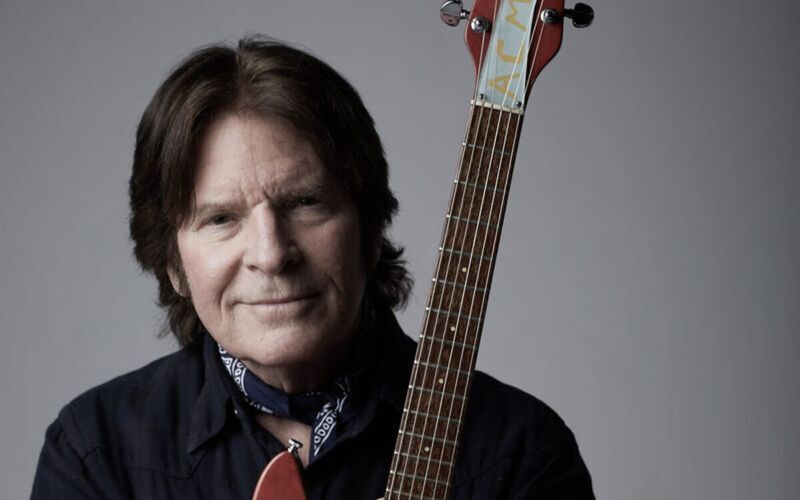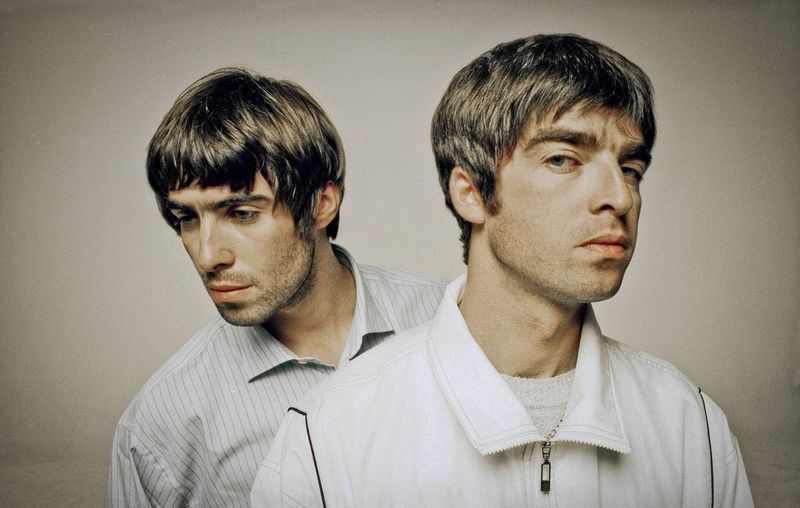The music industry, known for its glamorous facade, hides a world of intense rivalries and disputes, often involving millions of dollars. Behind the scenes, numerous legal battles and personal disagreements have shaped the careers of many iconic artists.
From contract disputes to rights over song catalogs, these feuds reveal the complexities of the business side of music.
In this blog, we dive into 12 of the most expensive and high-profile feuds in music history, each with its unique story and impact on the industry.
1. Prince vs. Warner Bros. Records
Prince, a music icon, waged a significant battle with Warner Bros. Records. At the heart of this dispute was the control over his master recordings, a crucial asset for any artist.
Prince felt constrained by his contract and famously changed his name to an unpronounceable symbol as a form of protest. This move baffled fans and the industry alike.
Eventually, Prince regained control over his master recordings, setting a precedent for artist rights. His battle emphasized the importance of artistic freedom and control over one’s work. It was a pivotal moment in music history.
2. Lil Wayne vs. Birdman & Cash Money
Lil Wayne’s feud with Birdman and Cash Money Records revolved around financial disputes and delayed album releases. Frustrated by broken promises and unpaid royalties, Wayne filed a $51 million lawsuit against the label.
The legal battle became public, straining personal relationships and dividing fans. After years of wrangling, a settlement was reached, allowing Wayne to release his long-awaited album, ‘Tha Carter V.’
This feud highlighted the financial complexities and personal toll that can arise from business partnerships in the music industry. Wayne’s perseverance was key in resolving the conflict.
3. Ozzy Osbourne vs. Tony Iommi (Black Sabbath Name Dispute)
The legendary band’s name became the center of a dispute between Ozzy Osbourne and Tony Iommi. After years of performing together, Osbourne sued Iommi over the sole ownership rights to the Black Sabbath name.
Osbourne believed it should be shared among the original band members. The feud was not just about business; it involved deep personal connections and decades of shared history.
Eventually, the two settled amicably, preserving their friendship and legacy. This feud illustrates how even long-standing collaborations can face legal challenges over brand ownership.
4. Marvin Gaye Estate vs. Pharrell Williams & Robin Thicke (‘Blurred Lines’)
The Marvin Gaye Estate’s lawsuit against Pharrell Williams and Robin Thicke over the hit song ‘Blurred Lines’ became a landmark case in music copyright law. The estate claimed the song borrowed heavily from Gaye’s classic hit ‘Got to Give It Up.’
After a highly publicized trial, the court ruled in favor of the Gaye Estate, awarding them $7.4 million in damages. This case sent shockwaves through the industry, raising questions about creativity and intellectual property.
It highlighted the fine line between inspiration and infringement, impacting future music productions.
5. Kesha vs. Dr. Luke
Kesha’s legal battle with Dr. Luke was a deeply personal and publicized feud. Accusations of abuse and mistreatment were central to the case, which sought to free Kesha from her contractual obligations with Dr. Luke’s label.
The case became a rallying point for artists’ rights and the broader #MeToo movement. While the legal proceedings were protracted and complex, Kesha received widespread support from fans and fellow musicians.
This feud underscored the challenges artists face in the industry, particularly regarding personal autonomy and safety. Kesha’s courage in speaking out resonated globally.
6. Metallica vs. Napster
Metallica’s battle against Napster marked a pivotal moment in the music industry’s fight against illegal file sharing. The band sued the peer-to-peer file-sharing service for copyright infringement, arguing it threatened artists’ livelihoods.
The case highlighted the challenges posed by new technology to traditional business models. Metallica’s actions were controversial, dividing fans who saw them as greedy, and those who supported artists’ rights.
The lawsuit led to Napster’s shutdown and reshaped how music was distributed digitally. Metallica’s stand was a significant moment in defining legal boundaries in the digital age.
7. The Beatles’ Apple Corps vs. Apple Inc.
The Beatles’ Apple Corps and Apple Inc. found themselves at odds over trademark rights. Founded by the legendary band, Apple Corps sued Apple Inc. due to the tech giant’s venture into the music business.
The legal battle spanned decades, involving complex trademark issues and significant financial stakes. Eventually, the two parties reached a settlement, allowing both to coexist peacefully.
This feud is a fascinating example of how brand and trademark disputes can evolve, even involving iconic entities. It underscores the importance of clear brand boundaries in a rapidly changing market.
8. Taylor Swift vs. Big Machine Label Group
Taylor Swift’s conflict with Big Machine Label Group was a high-profile battle over her master recordings. When the label was sold to Scooter Braun, Swift expressed her displeasure, arguing she had been deprived of the chance to own her work.
The public nature of the feud galvanized fans and industry insiders alike. Swift’s decision to re-record her previous albums was a bold move that highlighted artists’ struggles for control over their music.
This feud shed light on the intricacies of record contracts and inspired many artists to reconsider their agreements.
9. Michael Jackson vs. Paul McCartney (Beatles Catalog)
Michael Jackson’s acquisition of the Beatles’ song catalog through ATV Music was a major business move that strained his friendship with Paul McCartney. McCartney felt blindsided, having advised Jackson on music publishing investments.
Despite the personal tension, Jackson’s purchase was a savvy investment, showcasing his business acumen. This unexpected turn of events altered music publishing, highlighting the significance of ownership rights in the industry.
The deal emphasized the intersection of personal relationships and business strategies, demonstrating how quickly financial interests can create rifts, even among friends.
10. Pink Floyd vs. EMI
Pink Floyd’s legal dispute with EMI centered around digital rights and album sales. The band argued that their albums should be sold only in complete form, not as individual tracks, to preserve the artistic integrity of their work.
The case highlighted the challenges of adapting to new digital distribution methods while maintaining artistic control. Eventually, the court sided with Pink Floyd, affirming the rights of artists to protect their creative vision.
This feud underscored the tension between commercial interests and artistic principles in the evolving music landscape.
11. John Fogerty vs. Fantasy Records
John Fogerty’s dispute with Fantasy Records was a legal battle over song rights and artistic freedom. The former Creedence Clearwater Revival frontman was sued by the label for self-plagiarism, arguing his solo work sounded too similar to his CCR hits.
The court eventually ruled in Fogerty’s favor, but the case highlighted ongoing tensions between artists and record labels over creative control. Fogerty’s victory was significant for musicians’ rights, emphasizing the importance of autonomy in artistic expression.
It remains a notable example of how legal battles can affect creative careers.
12. Oasis (Gallagher Brothers) vs. Themselves
The Gallagher brothers’ infamous feud is one of rock music’s most well-known intra-band conflicts. Their volatile relationship often played out publicly, affecting the band’s dynamics and ultimately leading to Oasis’s breakup.
Despite their musical success, personal differences proved insurmountable. The feud highlighted the challenges of balancing personal relationships with professional commitments within a band.
It serves as a reminder of the personal sacrifices and emotional toll involved in maintaining creative partnerships. The Gallagher saga remains a cautionary tale for musicians navigating the complex interplay of family and career.
